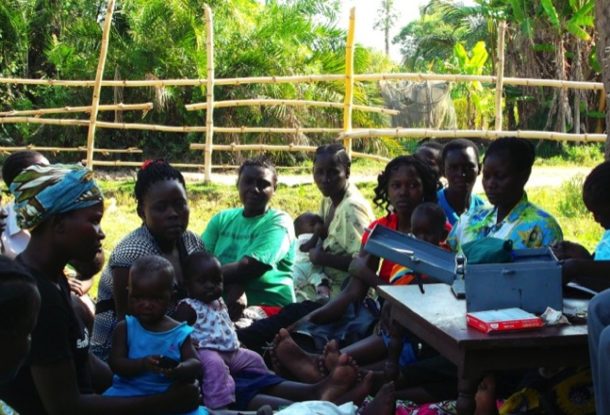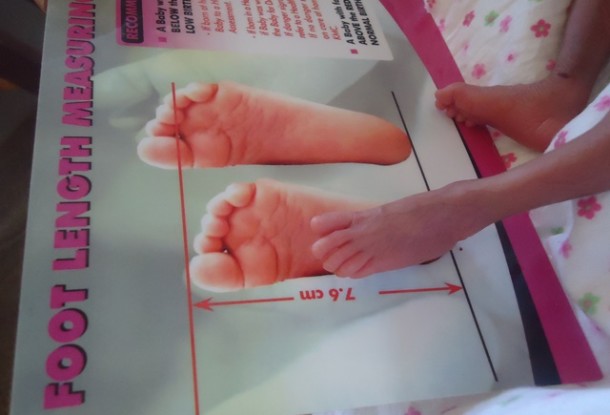At the beginning of the study period, pregnant women who are at the end of their first trimester or at the beginning of their second, will be recruited randomly from within the community. The random sample will be chosen from a list of pregnant women which will be identified through the Lady Health Worker of the community. Through the pregnant women enlisted, children (once born) will also be identified as study participants for the duration of one year.
A combined innovation will be delivered by a new cadre of link workers and birth attendants to support the care for at-risk neonates and infants. The innovation will bring together various evidence-based interventions (a clean delivery kit, nutritional supplementation, Misoprostol, bag and mask and aspiration, hypothermia management and APGAR score calculation trainings) to create a low-cost toolkit aimed to improve brain development caused by severe neonatal insults in a rural setting. The link worker will work with and mentor the birth attendants to implement this intervention package.
The package will be coupled with a home-based parenting program that will teach parents tools that provide stimuli for development in children who have suffered neonatal insults. The year-long parenting program is divided into twelve monthly sessions. It will be implemented by the link workers and parents, covering developmental skill areas such as cognitive and fine motor, social and self-help and gross motor skills aimed at augmenting brain development among newborns, including those neonates who might have suffered a neonatal insult at birth.




